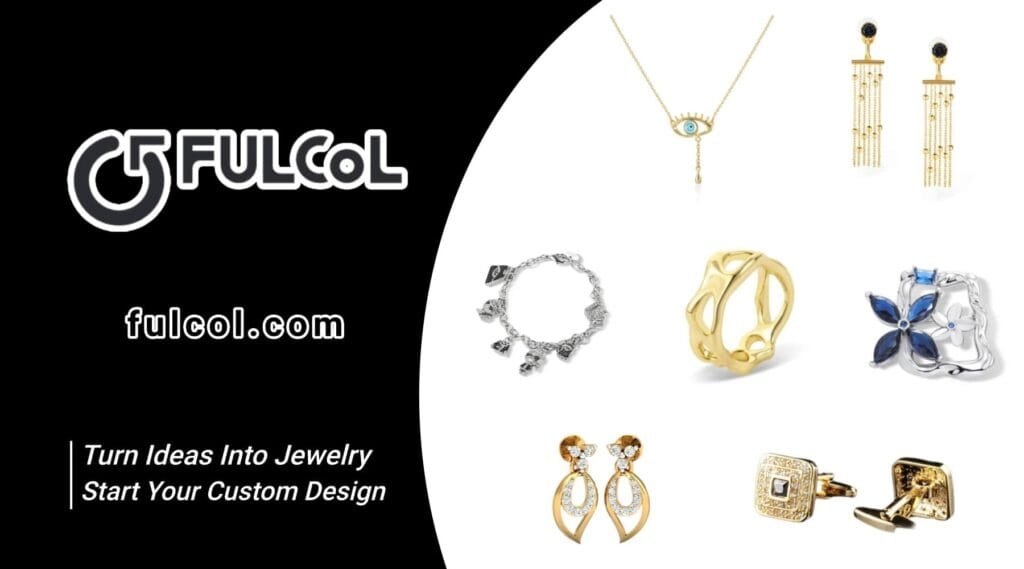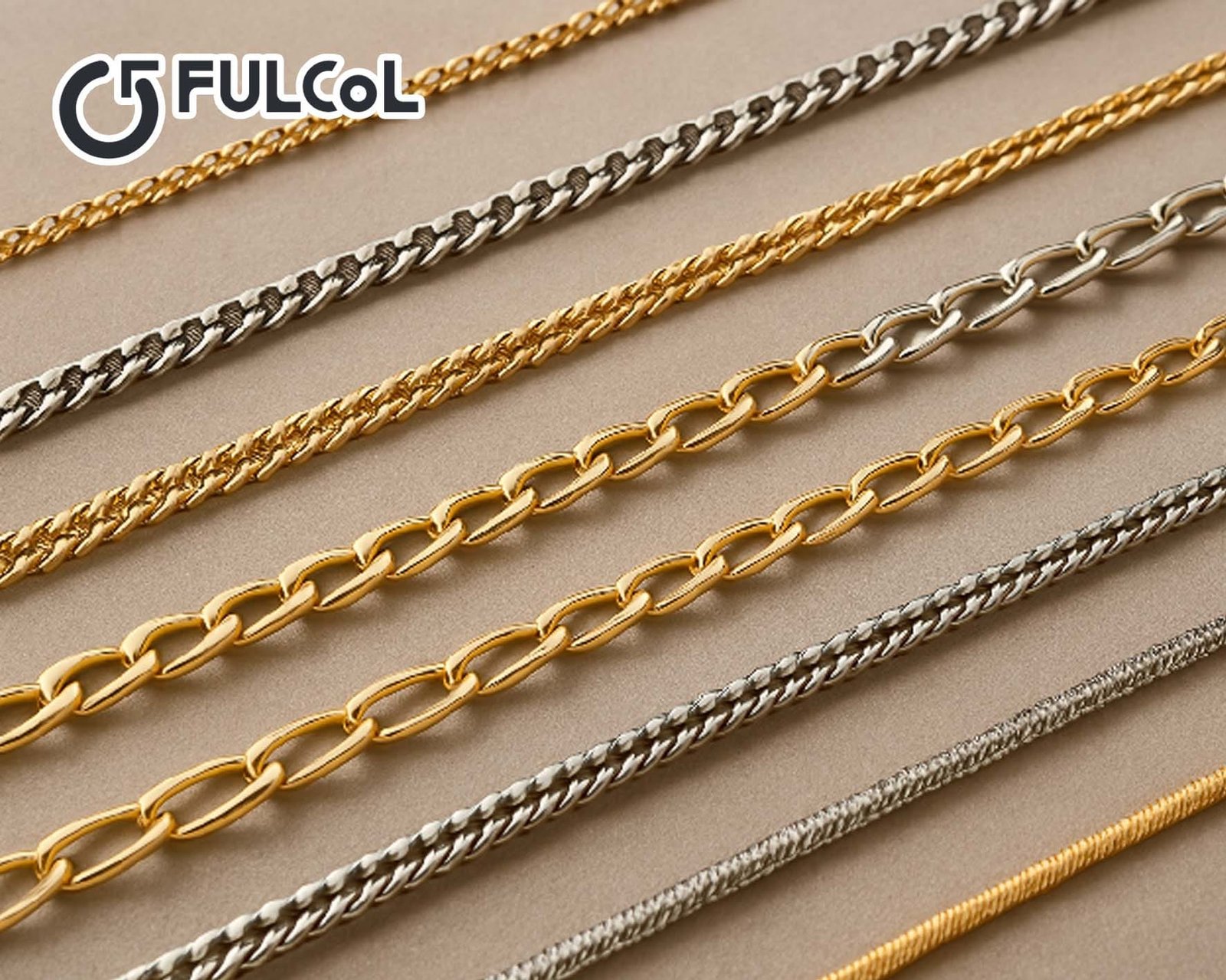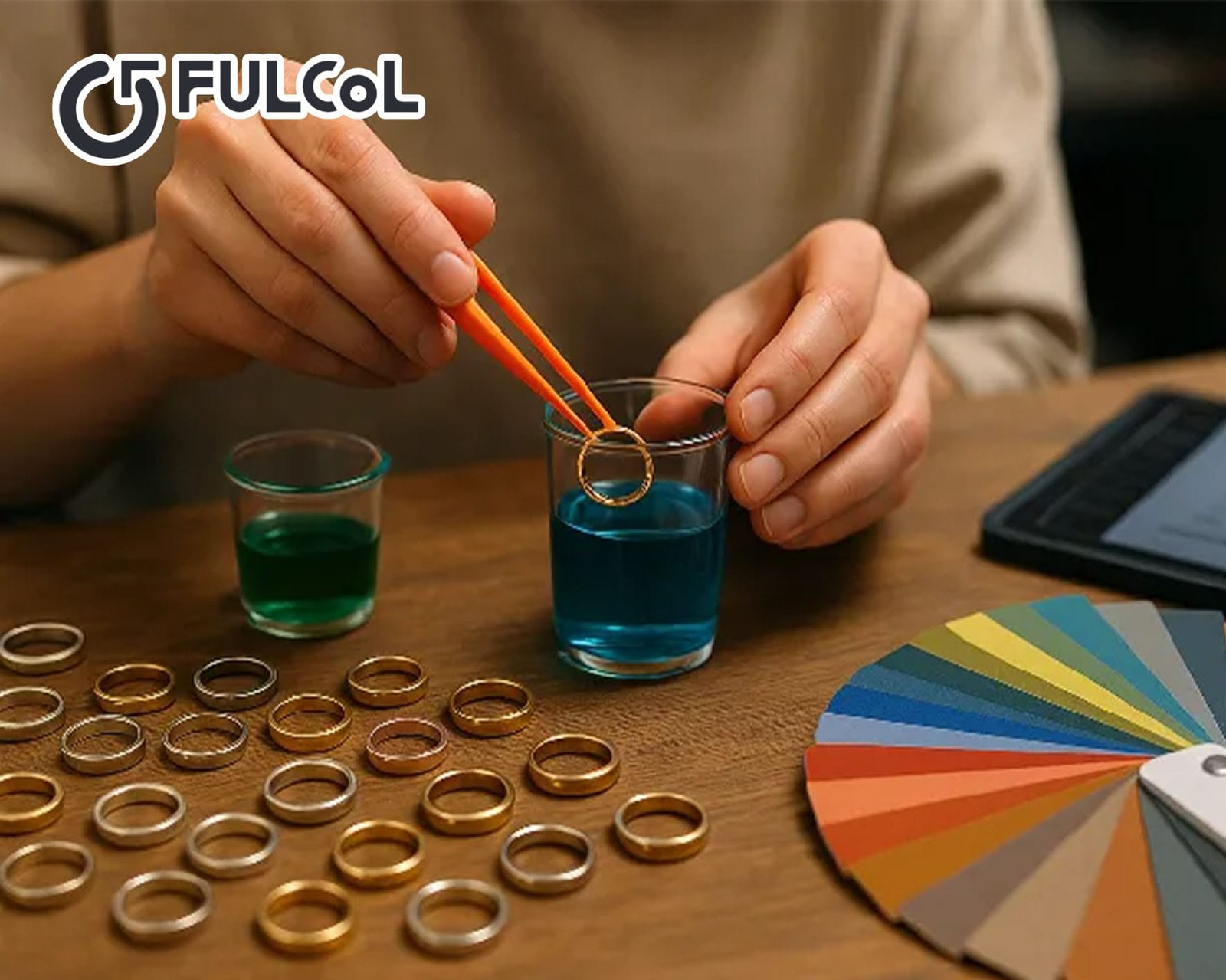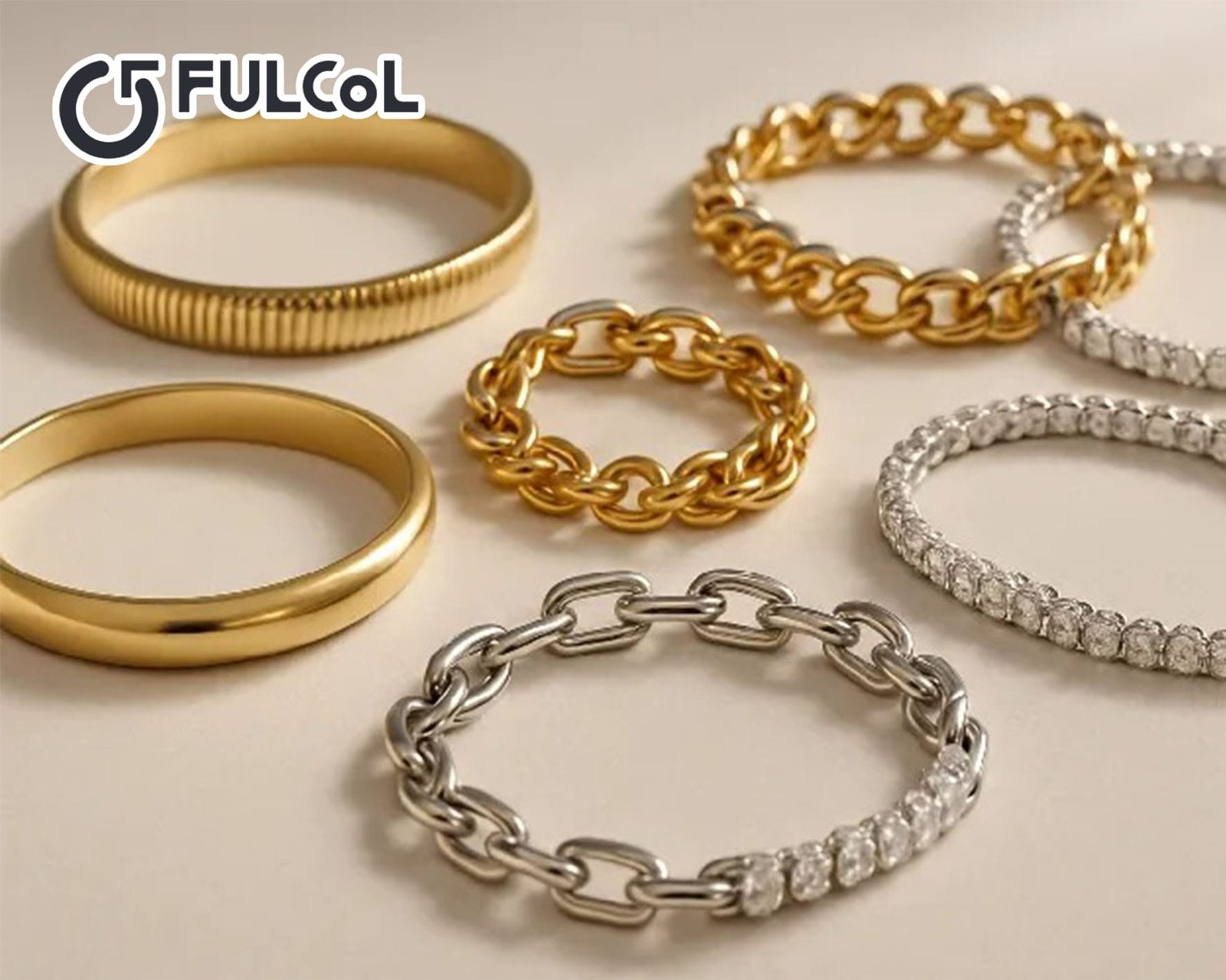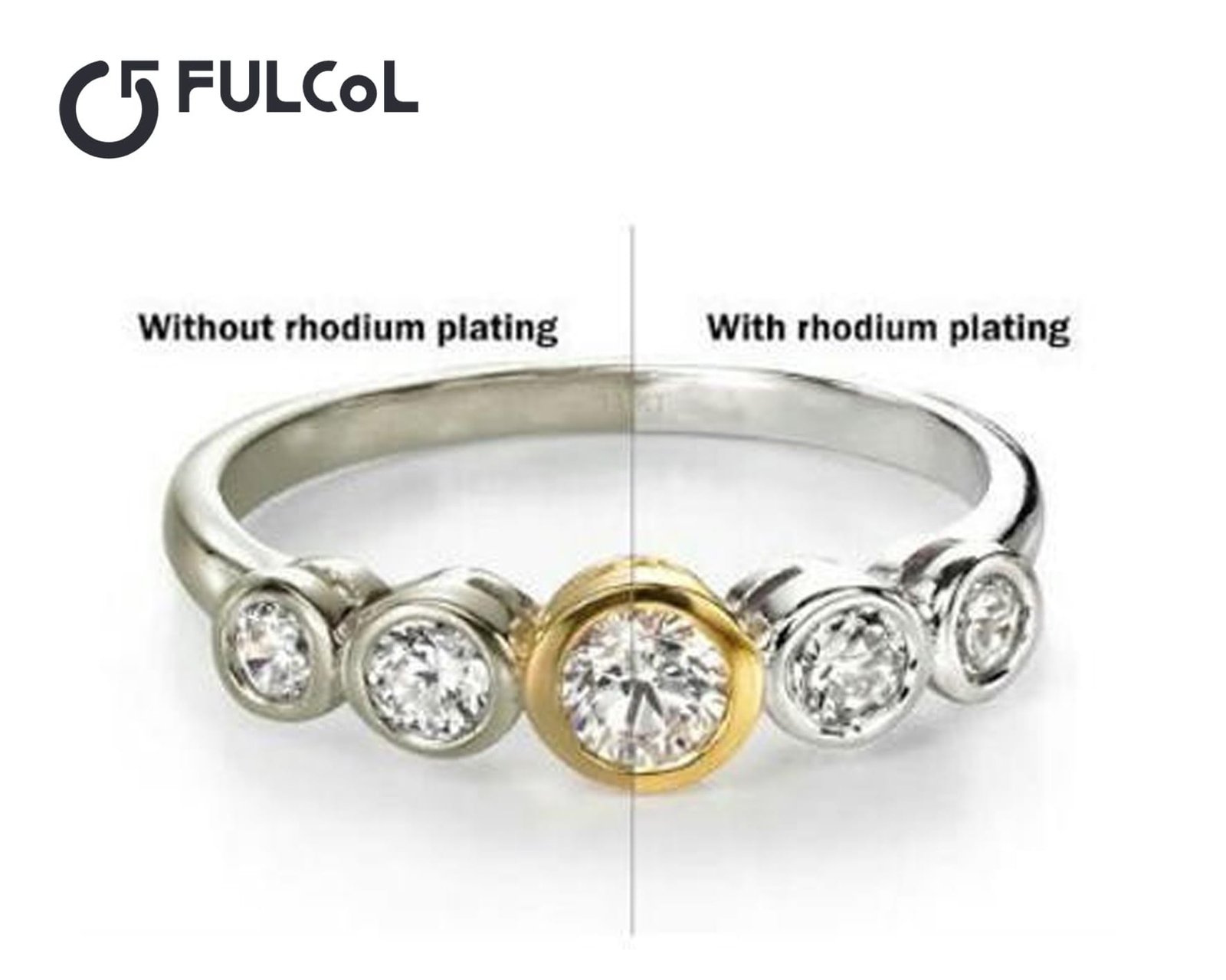Table of contents
With consumers’ growing demand for personalization and uniqueness, custom sterling silver rings have become a significant market trend. Unlike pre-made rings, custom rings allow personal aesthetics, stories, and emotions to be incorporated into their designs. Whether it’s a commemorative gift for couples or a fashionista’s pursuit of unique style, customized craftsmanship ensures an exceptional experience. During the entire customization process, mold making is a crucial step in determining the success of a ring. It not only influences the precision of the ring’s design but also directly impacts its wearer’s comfort and overall quality.
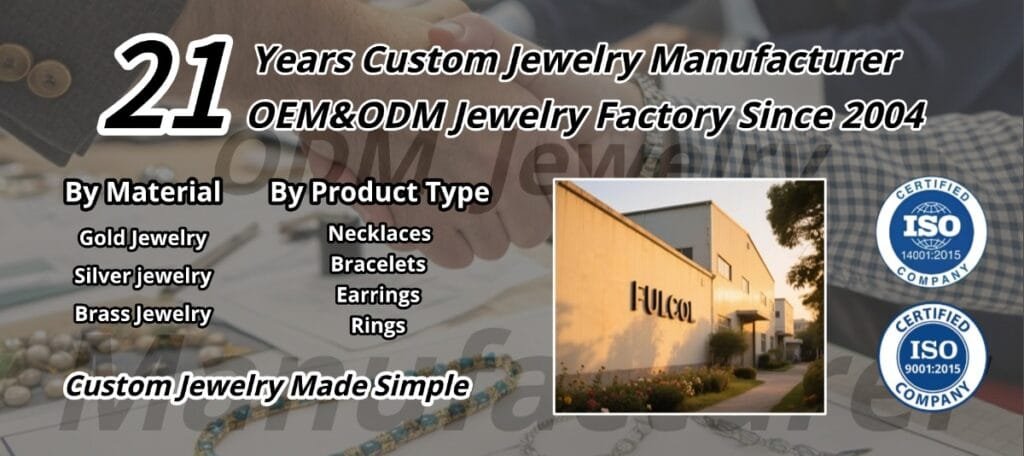
Why Custom Sterling Silver Rings?
Sterling silver, scientifically known as 925 silver (92.5% silver content), has been closely tied to human life since ancient times. As early as ancient Egypt, people used silver as a symbol of wealth and in sacrificial offerings. In medieval Europe, silver was imbued with mystical meanings for warding off evil and bringing blessings. In modern times, sterling silver, with its soft white luster and versatile shapes, is widely used in wedding rings, fashion jewelry, and gifts.
A ring, a small ornament, carries rich cultural meaning throughout human society: it symbolizes eternity, commitment, and identity. Whether exchanged at a wedding or gifted as a keepsake to a loved one, it embodies the unique value of a ring in expressing affection.
Why choose custom rings over pre-made rings?
While pre-made rings are available in a wide variety of styles, they lack a sense of exclusivity. The greatest appeal of custom rings lies in their ability to be tailored to the wearer’s individual needs. For example:
- Couples’ rings: Engrave a special date or name for a unique ring.
- Memorial rings: Incorporate personal stories, such as family crests or travel memories.
- Fashion rings: Incorporate trendy designs to create innovative designs.
Customized rings are more than just jewelry; they are a form of personal expression and a symbol of affection.
The Unique Advantages of Sterling Silver
Compared to gold and platinum, sterling silver offers the following significant advantages:
- Affordable: Highly cost-effective and suitable for mass consumption.
- Highly malleable: Easy to carve and shape, allowing for more complex designs.
- Natural luster: A warm, silvery-white luster complements any outfit.
- Widely adaptable: It can be combined with a variety of techniques, including gemstone setting, carving, and plating.
For this reason, sterling silver is an ideal material for custom rings.
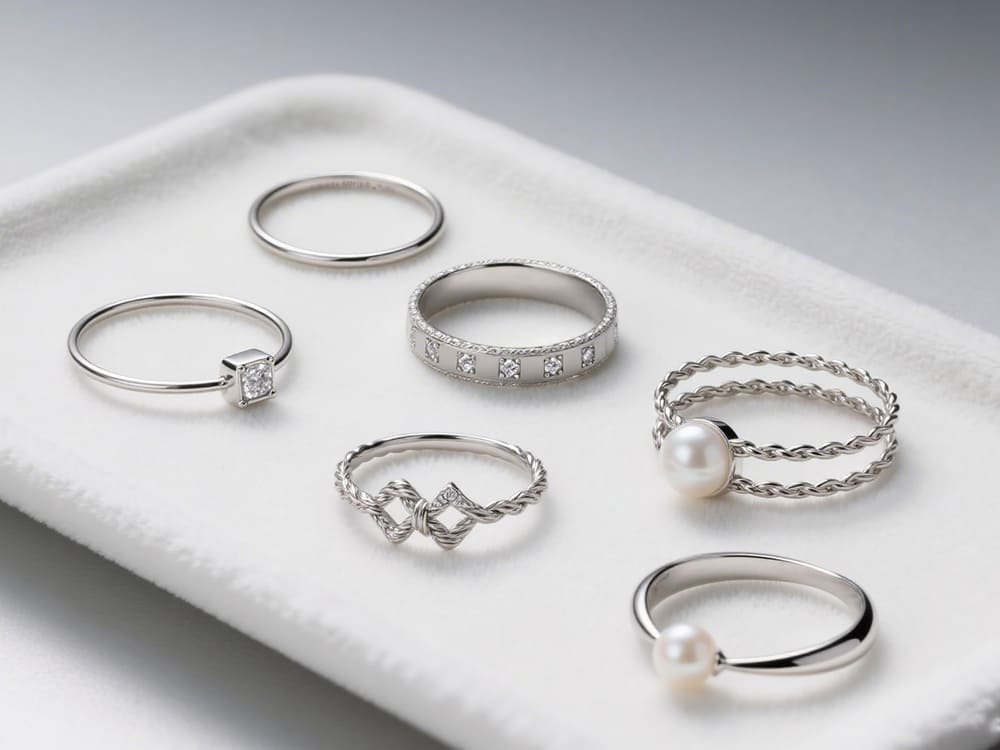
What is a mold? Its significance in sterling silver ring manufacturing
Definition of mold making
In jewelry manufacturing, “molding” refers to the process by which the craftsman fixes, refines, and adjusts the ring mold based on a design or sample to ensure that the shape, details, and proportions of the ring during the subsequent casting process perfectly match the design requirements. This is a process that blends both technology and artistry.
The Differences and Connections Between Molding, Casting, and Casting
- Casting: Usually refers to the process of creating a mold using plaster, rubber, or silicone.
- Casting: Molten silver is poured into the mold to form the rough cut.
- Mold making: The crucial transition between casting and casting, ensuring the mold’s shape and precision, thereby preventing casting failures.
In short, mold making is the “calibrator” of the entire ring manufacturing process, determining whether the finished product will achieve the desired result.
The Importance of Mold Making
- Determines Model Accuracy: The curvature, thickness, and shank size of a ring all depend on the precision of the mold making.
- Ensures Comfort: Uneven molds can cause scratches on the inner ring.
- Impacts Subsequent Processing: Grinding, setting, and polishing all require a well-crafted mold.
It can be said that without a high-quality mold making process, a truly high-quality sterling silver ring cannot be created.
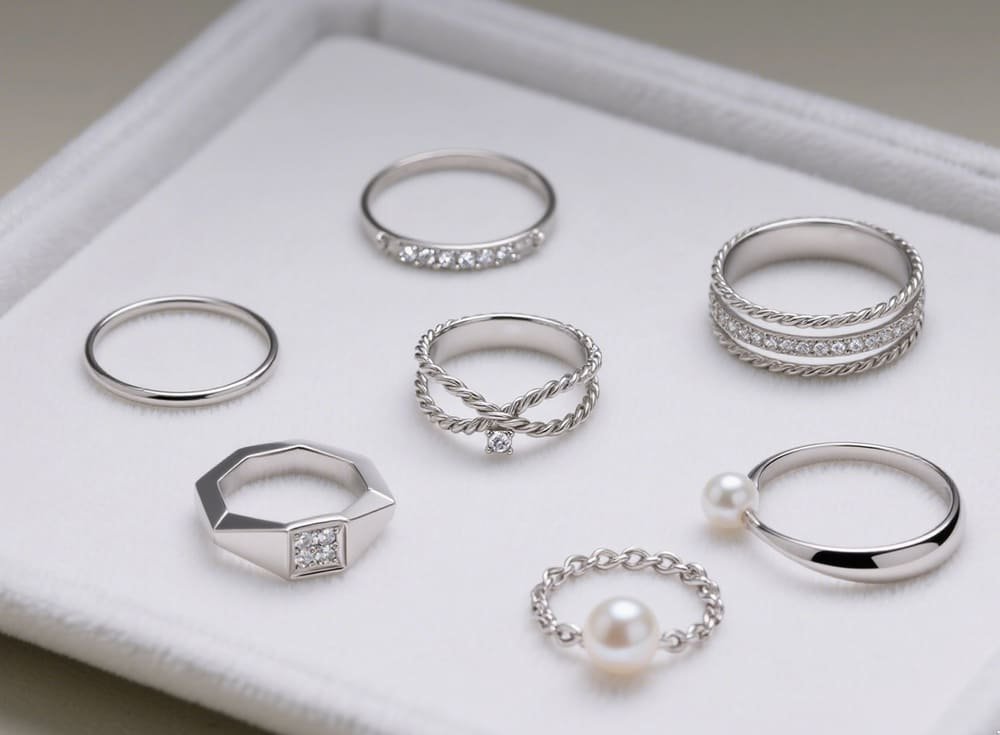
Fulcol’s Expertise in Sterling Silver Ring Mold Making
Advanced Equipment and Process
As a professional silver and brass jewelry manufacturer, Fulcol has invested in advanced equipment in the mold making process:
- CNC mold making machines: Ensure mold accuracy and consistency.
- High-temperature melting systems: Stabilize the melting point to prevent impurities from affecting the silver quality.
- Automated polishing equipment: Improve process efficiency and shorten delivery cycles.
The use of these devices enables Fulcol to maintain high standards even for large-volume custom orders.
Artisan Experience and Technological Heritage
Even the most advanced equipment is essential to the success of experienced craftsmen. Fulcol’s team boasts an average of over 10 years of mold-making experience. They can visually and tactilely determine if a mold requires fine-tuning. This combination of craftsmanship and technology is unmatched by small workshops.
Analysis of the Complete Process from Design to Molding
- The client provides a design or concept sketch.
- The Fulcol team models and optimizes the structure.
- A wax or plaster mold is created.
- Craftsmen adjust the mold to ensure precise details.
- The casting and subsequent processing phases begin.
The entire process is closely linked, especially during the mold-making phase, where craftsmen repeatedly check the mold to avoid any errors that could affect the final product.
OEM/ODM Customization Capabilities
Fulcol not only accepts customer designs but also proactively develops new products based on market trends. The OEM/ODM model allows buyers to work directly with the manufacturer without worrying about limited design capabilities.
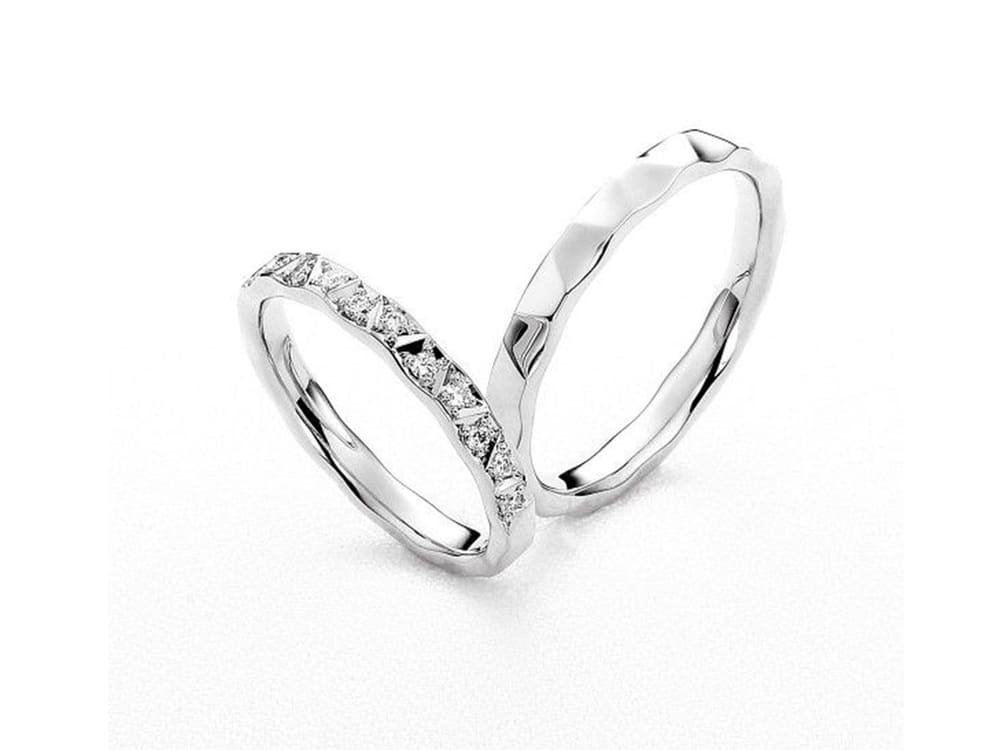
Practical Steps in Mold-Making and Required Tools
Tool and Material Preparation
- Wax Model Knife and Crayon: For carving and trimming the wax model.
- Gypsum Powder and Water: For creating the support mold.
- Furnace and Crucible: Melt the silver.
- Vacuum Equipment: Removes air bubbles and ensures a dense mold.
Steps
- Drawing the Design: Define the ring’s dimensions and details.
- Making the Wax Model: This is done through engraving or 3D printing.
- Making the Model: The craftsman checks the curvature, thickness, and details, and makes adjustments.
- Making the Cast: Wrap the wax model in plaster and allow it to dry, creating a cavity.
- Melting and Casting: Pour the molten silver into the mold.
- Demolding and Finishing: After removing the raw silver, trim and polish the edges.
Professional Tips and Precautions
- Control the plaster-to-water ratio to prevent cracking in the mold.
- Avoid excessive oxidation when melting the silver, which can cause the finished product to darken.
- The inner ring of the ring must be polished to a smooth finish for optimal wear.
Common Mistakes and Solutions
- Porosity: This can be corrected with vacuum extraction and slow casting.
- Cracks: Check the plaster mold’s strength or temperature control.
- Mold deformation: Avoid sudden cooling from high temperatures and ensure even cooling.

How to choose a high-quality sterling silver ring manufacturer
Indicators for judging a factory’s strength
- ISO quality certification
- Extensive export experience (European, American, and Southeast Asian markets)
- Material testing reports available
Quality control and inspection standards
- Silver content testing: Ensures compliance with S925 standards.
- Electroplating: Improves wear resistance and oxidation resistance.
- Polishing inspection: Ensures each ring has a smooth and flawless surface.
Customization and customer support
Fulcol provides one-on-one design consultation and can quickly produce samples, helping customers quickly validate their designs for the market. Our after-sales team can also optimize the process based on customer feedback.
Why choose Fulcol?
Compared to ordinary workshops, Fulcol not only guarantees consistent quality but also has the capacity for large-scale delivery, making it suitable for long-term collaborations with brands, wholesalers, and designers.
| Start Your Custom Order | Email: info@fulcol.com | Number: +86 13055603907 |
Mold making is one of the most delicate and critical processes in sterling silver ring manufacturing. It’s more than just a technical operation; it’s an art form. For customers seeking high quality and personalized experience, choosing a reliable manufacturer is crucial.
As a professional custom sterling silver ring manufacturer, Fulcol offers high-quality custom services to customers worldwide, leveraging advanced equipment, a team of experienced craftsmen, and comprehensive quality control. Whether it’s a couple’s anniversary gift, a fashionable design, or large-scale wholesale purchases, Fulcol’s exquisite mold-making and reliable delivery capabilities make it a trusted partner.
If you’re looking for a sterling ring manufacturer offering professional custom services, Fulcol is undoubtedly a worthy choice.
